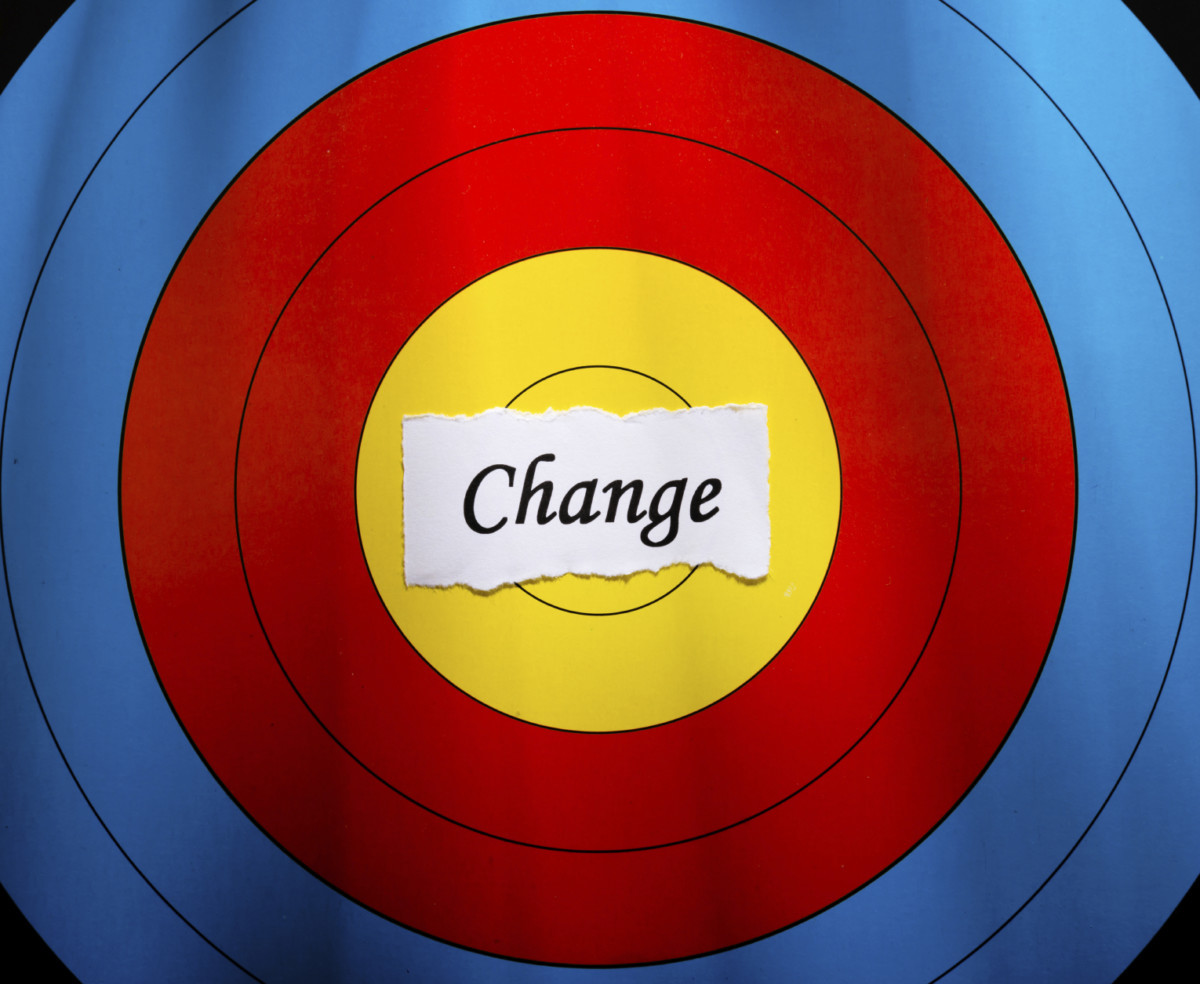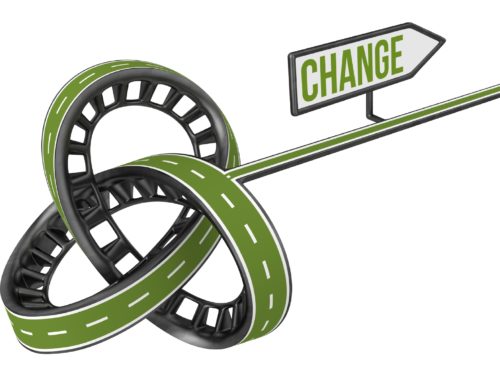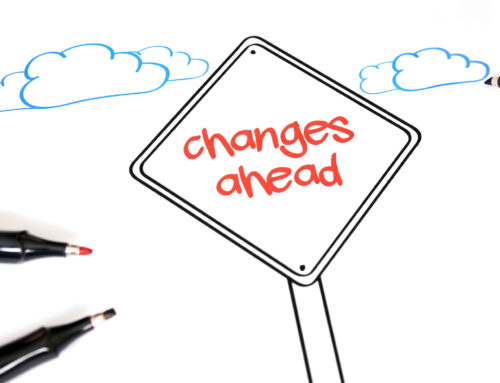We’re now several weeks into an almost nation-wide shutdown of businesses classified as non-essential. People are still making sense of how to get through the present, and some companies and individuals have already transitioned to the future.
I shared the four potential responses for using change as a strategic advantage in a video posted in January 2020. The options are to adapt, anticipate, pursue, and ignore.
We’re getting a lot of practice at adapting, and that will likely continue.
History teaches us that there will be companies that don’t survive the disruption. Others will simply survive, and a few will be positioned for exponential growth as we enter the “New Next.” The difference has a lot to do with the decisions you make today.
Procter & Gamble faced the same challenges as the other consumer products companies at the beginning of the Great Depression. P&G decided, however, that everyone was going to need soap so customers might as well buy theirs.
With a stroke of genius bolstered by a lot of courage, Procter & Gamble increased its marketing efforts and pursued change rather than simply waiting to adapt.
Their strategy involved capitalizing on an evolving medium – commercial radio. Later P&G moved the concept into television, and the Soap Opera was born.
P&G started producing syndicated serials in 1933, and by 1939 the company had 21 in production sponsored by their individual brands.
This pioneering innovation was no doubt aided by media companies needing sponsors and content. Even then, the decision was a bold move to pursue positive change in the face of a crisis.
Here’s an exercise for you and your team.
Brainstorm the changes you can reasonably expect as a result of this crisis as part of a planning session.
This shouldn’t take long. I invested less than 10 minutes and came up with 12 potential changes I expect out of the COVID-19 crisis.
Here are just a few of them.
- There will be a move toward less globalization in the supply chain as governments and companies focus on stabilizing and securing their ability to produce.
- Resources such as fuel, money, and talent will be less expensive. Companies that couldn’t find talent two months before the crisis now have options to attract and retain top talent.
- People are likely to avoid mass gatherings even when it is safe to resume them. At the very least they will be more careful. This will have an impact on restaurants, movie theaters, concerts, plays, art galleries, festivals, and museums.
- Traditional retail will continue to struggle. People are becoming more comfortable with online purchasing, and now even grocery apps are expanding in their use.
- The federal debt will grow from the stimulus and local tax revenues will shrink. State and local governments could have difficulty financing public works projects. The WPA put lots of people to work in the Great Depression. A version of that could be on our horizon.
- Education will change at every level. Universities must balance the desire for an on-campus experience with the efficiency and cost savings of on-line learning. Online learning will grow for public schools, too. But, the problem of equitable access must still be solved.
- The generation that survived the Great Depression was obsessed with saving. It’s logical to assume that could happen with the Millennial and GenZ generations that will lead us into the future. If that happens, there will be an impact on consumer behavior.
Once you have your list, go through it to determine if this is a change to which you should adapt, anticipate, ignore, or pursue.
Your first priority in a crisis is to safely and successfully get through it. That doesn’t mean that you can’t start anticipating, ignoring, and pursuing change for the future.
Working on the future creates positive energy and promotes a sense of confidence. More important, it helps ensure that you aren’t playing catch up to competitors when the economy returns.
Randy Pennington is an award-winning author, speaker, and leading authority on helping organizations achieve positive results in a world of accelerating change. To bring Randy to your organization or event, visit www.penningtongroup.com , email info@penningtongroup.com, or call 972.980.9857.





